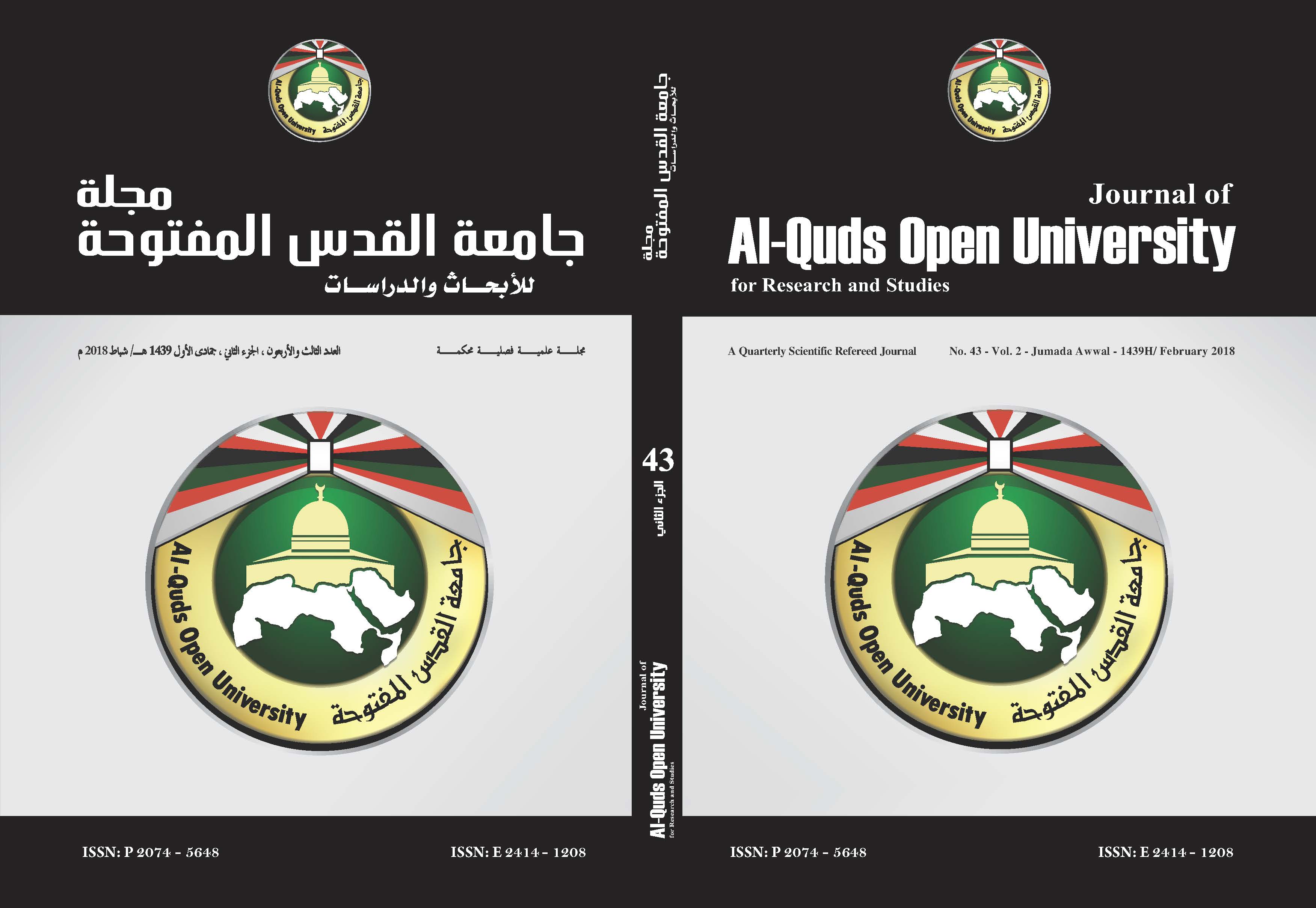Legal Arbitration: Fields and Mandate of the Arbitrator-a Comparative Fiqh Study
Keywords:
Legal Arbitration, a Comparative Fiqh StudyAbstract
Arbitration is one of the most important means that people utilize for establishing the rules of justice after judiciary. The researcher chose this topic because Arbitration is one of the oldest and easiest ways to solve the disputes. The research tackles the legality of the arbitration and the difference between it and the judiciary, the conciliation, and the fatwa .The research also includes issues and rights which the arbitrator is allowed to take a decision on. Moreover, the research includes the mandate of the arbitrator, and the legality of the refusal of the dispute parties or one of them the arbitrator or arbitrators, before and after the written contract ( Submission ). Moreover, the research addresses how to implement the arbitrators ruling in accordance with the terms and conditions of Sharia; either with opponents consent or through force by the court when it receives the decision of arbitration committeeDownloads
Published
2018-03-28
How to Cite
المصري د. ن. س., & لافي أ. م. م. (2018). Legal Arbitration: Fields and Mandate of the Arbitrator-a Comparative Fiqh Study. Journal of Al-Quds Open University for Humanities and Social Studies, 2(43). Retrieved from https://journals.qou.edu/index.php/jrresstudy/article/view/1779
Issue
Section
Research Papers
License
- The editorial board confirms its commitment to the intellectual property rights
- Researchers also have to commit to the intellectual property rights.
- The research copyrights and publication are owned by the Journal once the researcher is notified about the approval of the paper. The scientific materials published or approved for publishing in the Journal should not be republished unless a written acknowledgment is obtained by the Deanship of Scientific Research.
- Research papers should not be published or republished unless a written acknowledgement is obtained from the Deanship of Scientific Research.
- The researcher has the right to accredit the research to himself, and to place his name on all the copies, editions and volumes published.
- The author has the right to request the accreditation of the published papers to himself.













_2.png)
_.png)
_2.png)
_1.png)
_.png)

